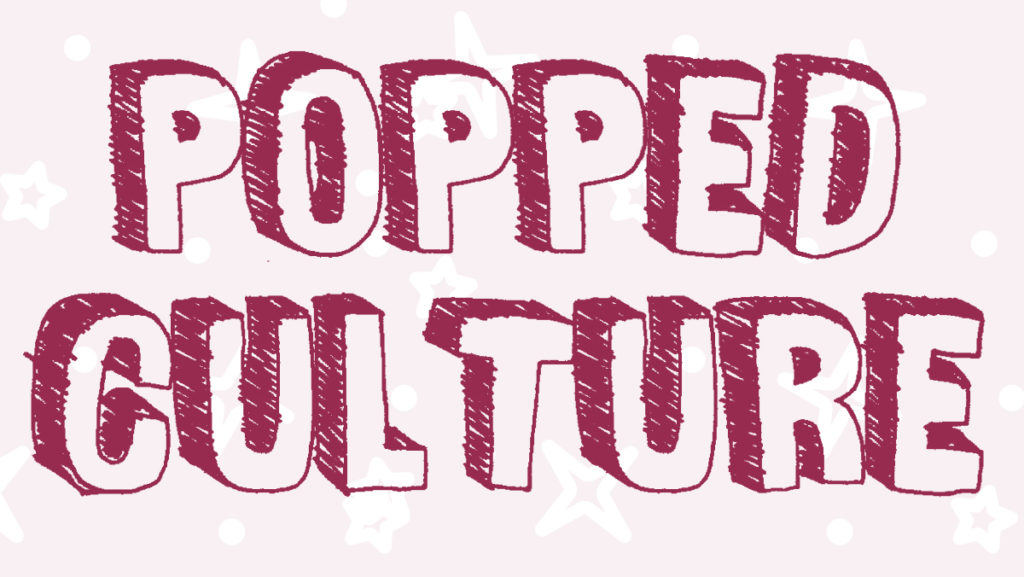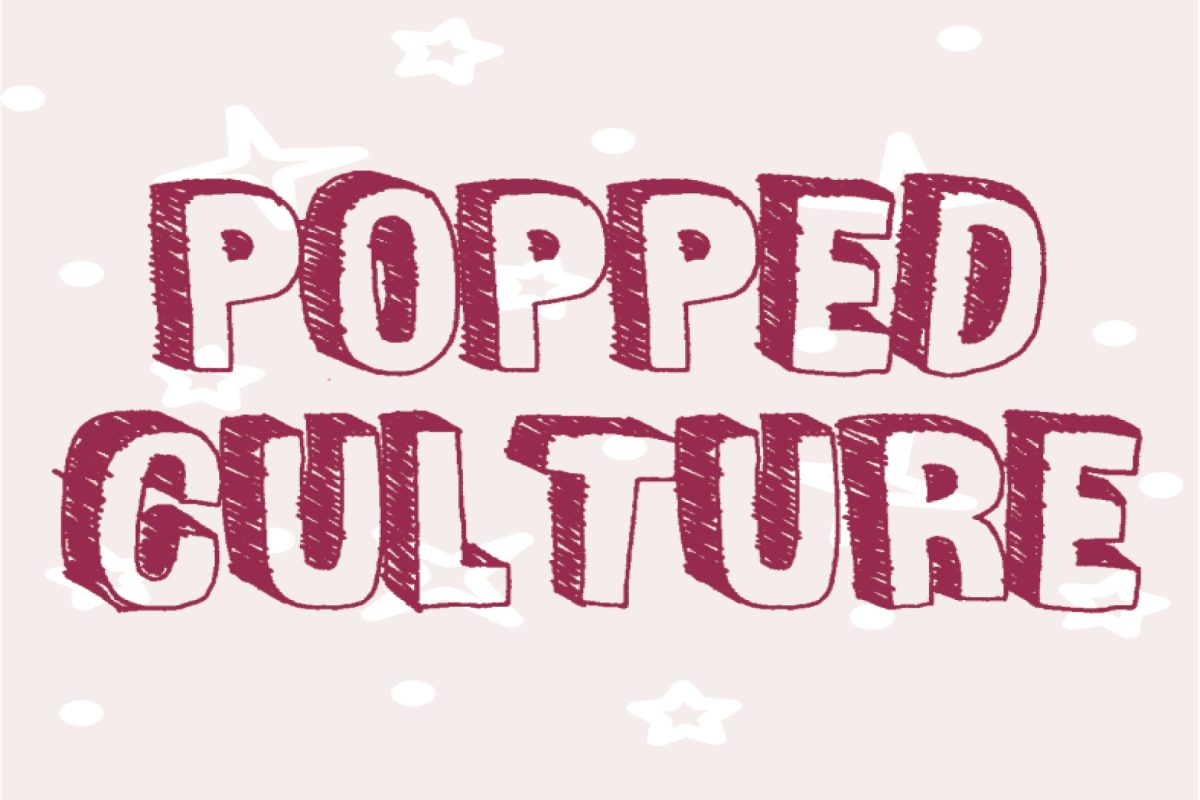Movie trailers are one of the best ways that audiences get a feel for a film and if they want to see it. When movies are misrepresented as different genres from the actual content, there can be discourse and confusion following the film.
There are many films that have been misadvertised, either leading to unsatisfied viewers and often low box office numbers. In 2023, there has been a surge in movie trailers that have misrepresented musicals films. By cutting out much of the musical aspects within some trailers, some movies, like “Wonka,” “The Color Purple” and “Mean Girls,” do not seem like musical adaptations at all. They might not ignore the musical aspect all together, but they certainly do not highlight scenes that display such a genre.
“Mean Girls,” when first released in 2004, was a non-musical movie, later adapted into a musical version for Broadway. The original movie had no singing in it besides the iconic talent show scene, with an overly sexual take on “Jingle Bell Rock.” Set to release in 2024, a new movie version of “Mean Girls” is set to release in 2024, featuring Renee Rapp who played Regina George on Broadway.
When watching the official trailer for the new take on the classic film, character interactions are highlighted to help the viewer understand who the new actors playing these roles are. However, these are all speaking interactions, and at no point in the commercial do we hear any of the characters sing. While it can be assumed that the movie’s plot hopes to be closely following in the footsteps of the 2004 film, the missing features of the musical in the trailer can create much confusion, leaving some viewers thinking it is just a reboot of the original movie rather than a Broadway musical rendition.
Similarly, “The Color Purple,” set to release Dec. 25, also subtly hides the film being an adaption of the musical in its official trailer. While this trailer has much more shown at the end of the clip in terms of musicality, it doesn’t explicitly seem that it is a musical adaptation. The poster includes the words “A bold take on the beloved classic,” which, while true, is really just a bold take on the book, musical and movie which have already existed.
While “The Color Purple” and “Mean Girls” are musical adaptations previously on Broadway, we can also see new musicals in the form of films not being completely transparent as well.
“Wonka,” set to come out Dec. 15, has the titular role being played by Timothée Chalamet. The film seems to have lots of movie magic, involving the producers of the “Harry Potter” films and director Paul King of the “Paddington Bear” movies, however, this magic all seems to play into what typically goes into a Wonka–related film, not necessarily the magic of musicals. Director Paul King claims that this film is not a musical and rather a “movie with songs,” despite Timothée Chalamet singing a confirmed seven musical numbers.
The argument could easily be made that by masking the true genres of these films, it will drive a larger audience into the theater rather than having a narrower audience of “musical lovers.” To that, I bring in the example of “La La Land,” which is widely adored and surpassed $435 million in the worldwide box office. “La La Land” was appropriately advertised, showing interactions both with and without musical numbers, leaving the viewer with an understanding that it is a musical without oversaturating the content with dancing and singing.
While the upcoming musical films are going to be beautiful and a great way to push the genre farther, the films would likely benefit in highlighting these aspects in their commercials, in order to include musical lovers while also making sure not to confuse other viewers.
“Editor’s Note: A previous version of this article said that Regina George was originated by Renee Rapp. That has been corrected.”
















